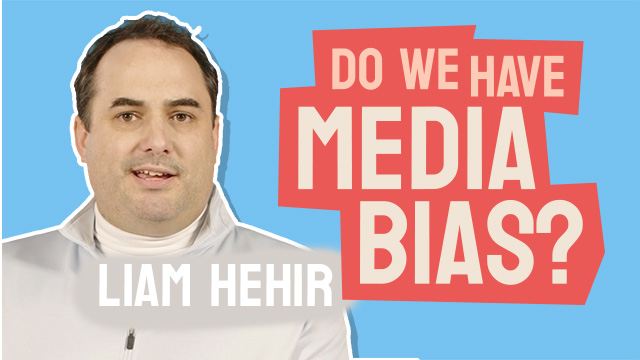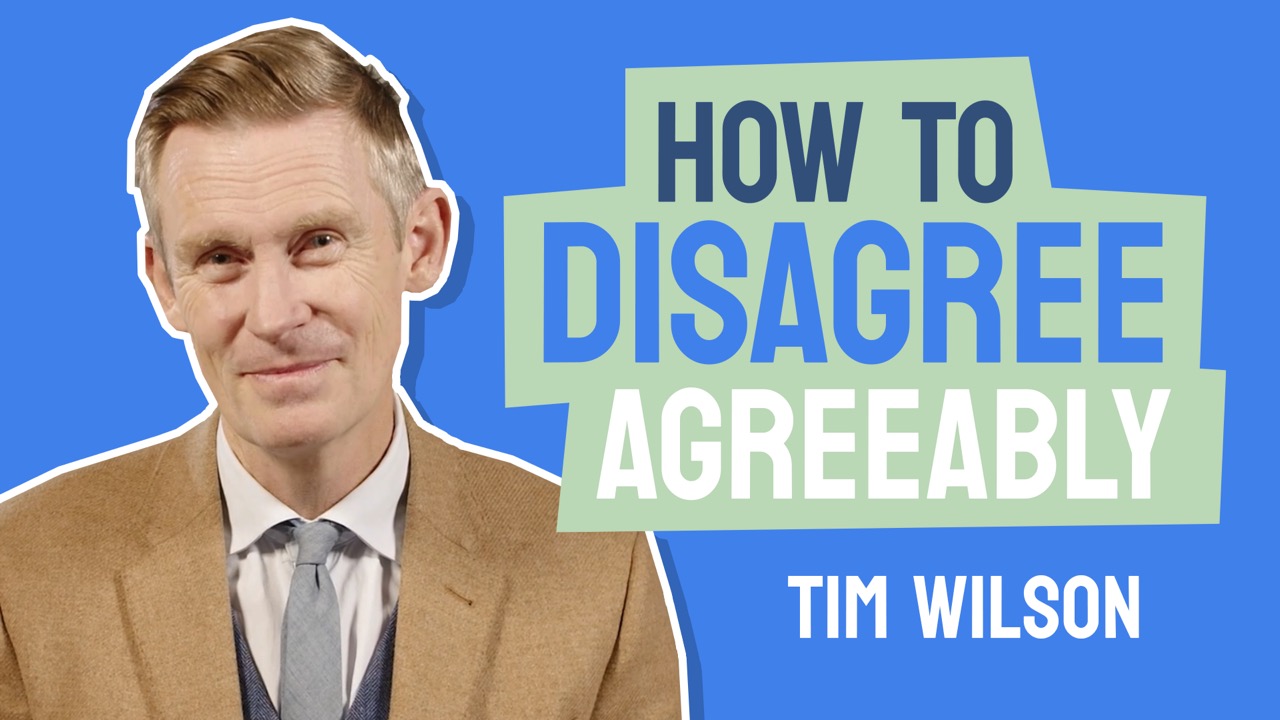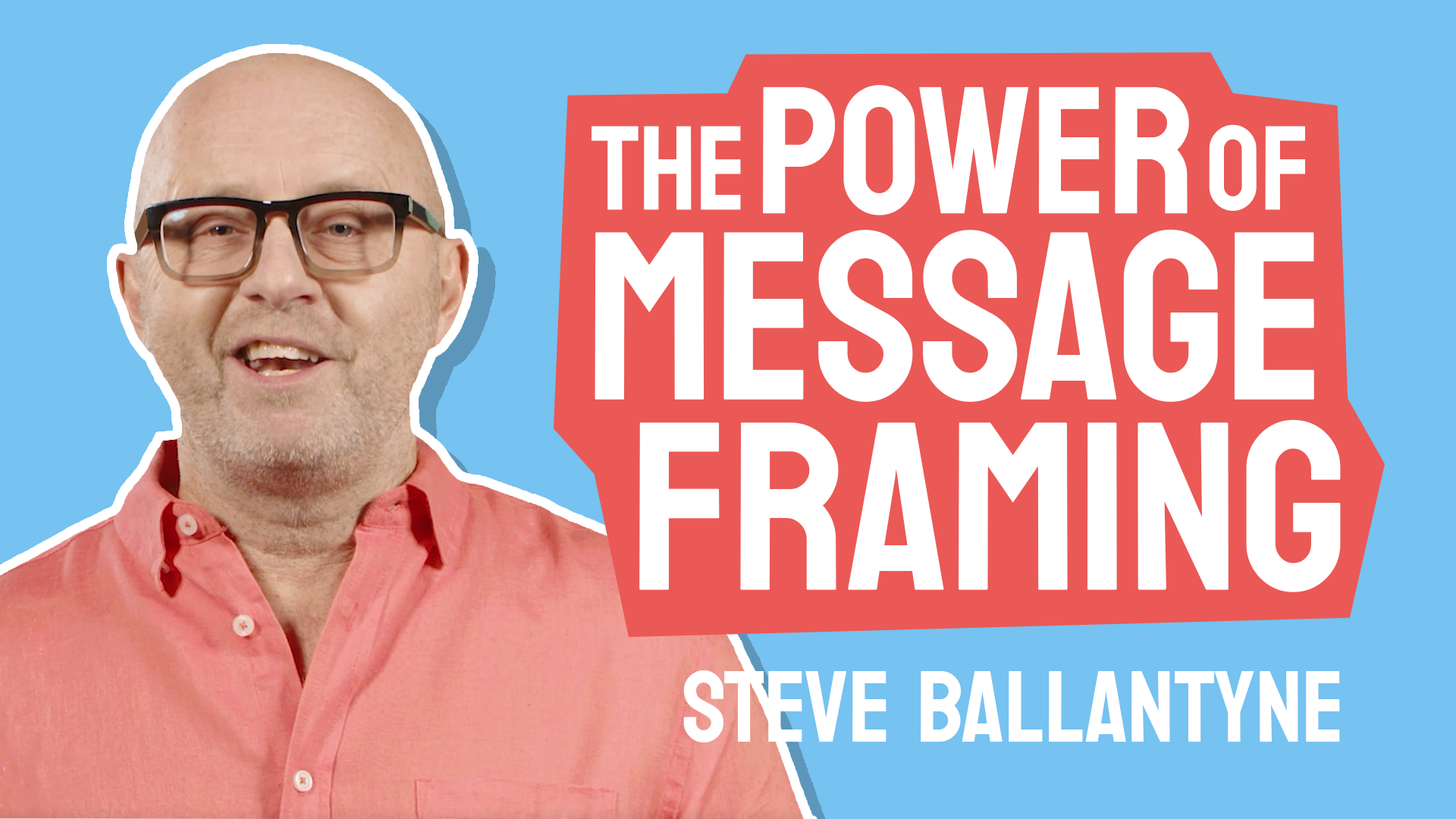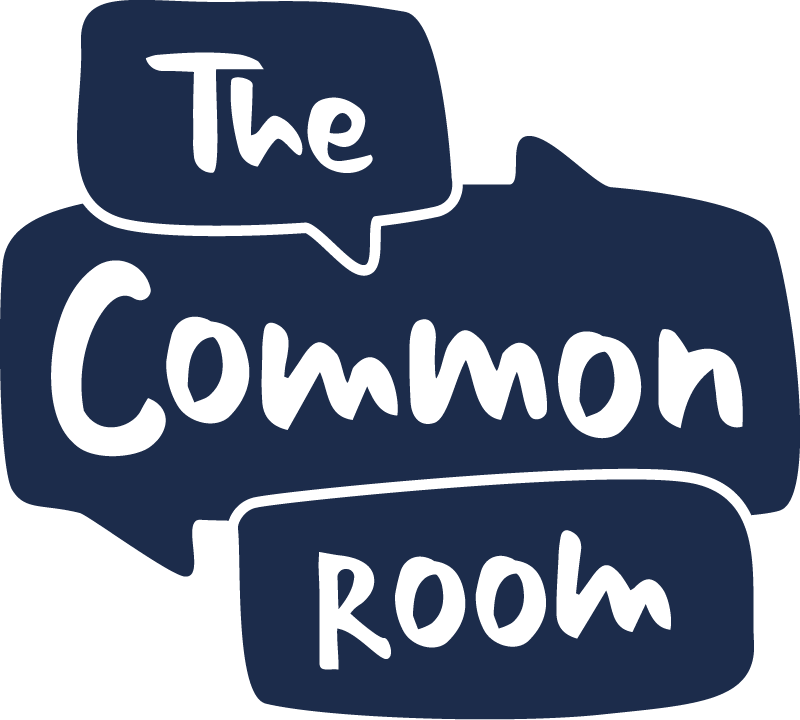Misinformation and Disinformation
Liam Hehir, Political Commentator
3 December 2022, 14k views
The term “misinformation” refers to incorrect, inaccurate or misleading information. “Disinformation” refers to false information spread as a deliberate act of deception. Because the internet has made it so easy to publish and share information, it has made it very easy to spread misinformation and disinformation.
As a result, we see frequent calls on tech companies to crack down on false information by restricting what people can say and share on the internet. Sometimes these calls go further and demand government intervention or regulation to keep misinformation out of the public square.
Misinformation and disinformation are real. And they are real problems. But too often, they are also convenient scapegoats for politicians and journalists. If you’re disappointed about an election outcome, for example, it is tempting to blame the public for being easily fooled.
There’s nothing new about rumours and malicious gossip. For so long as people have been engaged in politics, false and inaccurate information has played a role in how they do it. Political parties of all persuasions have benefited from misinformation at different times and places and, from time to time, have played a role in spreading it. From the earliest days of publishing, sensationalism always sold a lot of papers. Today, it generates a lot of clicks. The forms may have changed but we are not dealing with a phenomenon that is wholly new.
And just as there is nothing new about misinformation and disinformation, we’ve always had panic over their effect. The 1990s brought introduced us to the phrase “low information voter” to refer to people considered poorly informed about campaigns and policies. In the 2000s, “fact-checking” was all the rage, with journalists setting themselves up as neutral arbiters of what “the facts” were in contested political situations. Around the time of the election of Donald Trump, it became all about “fake news”. In the last two cases, the labels were quickly misappropriated. A pattern quickly set in by referring to these concepts to discredit legitimate disagreements and to deflect hard questions. The same now often applies to claims of misinformation and disinformation, which are often invoked in inappropriate circumstances.
At the start of the global pandemic, Facebook banned discussion of the possibility that Covid originated in a lab in China. This was considered misinformation. Months later, the ban was lifted after it became clear that this was a real possibility.
In 2020 a laptop belonging to the son of an American presidential candidate was abandoned at a computer repair shop. It appeared to contain sensitive and perhaps incriminating information. Facebook and Twitter both suppressed the story on misinformation grounds. Some journalists claimed the story was probably a Russian disinformation plot. It is now widely acknowledged that the media and tech firms got it wrong.
Here in New Zealand, political parties and candidates seem to be constantly accusing each other of spreading misinformation now. Sometimes over what simply amounts to reasonable differences in how events, remarks and policies are interpreted. Politicians usually have an incentive to present their narrative as the gospel truth. But things in real life are not always so clear. The true facts of a situation are often in contention. It is rare for us to be able to say we know the full story on any controversial subject with complete certainty.
None of which is to say that we should just accept everything we read online. In general, we should be very sceptical of extraordinary claims. That goes double when those extraordinary claims tell us what we would like to hear. But we should also be sceptical of the extraordinary claims of those who insist their account of events must be taken as final. And that goes triply when claims of infallibility are made by those with a political or ideological interest in pushing a single point of view. The history of governments and institutions labelling things as misinformation, which later turn out to be true is long. We can’t take those labels at face value.
The world is a contentious place. Inaccuracy, misunderstanding and deception are always with us. We need to struggle against them constantly. The desire to shortcut debate through accusations of misinformation or disinformation will also always be with us. And we need to struggle against those constantly too.
As you navigate the news landscape, try to remember: just because you want something to be true, that doesn’t mean it is. And just because you want something to be misinformation, that doesn’t mean it is either.
I’m Liam Hehir for The Common Room.



